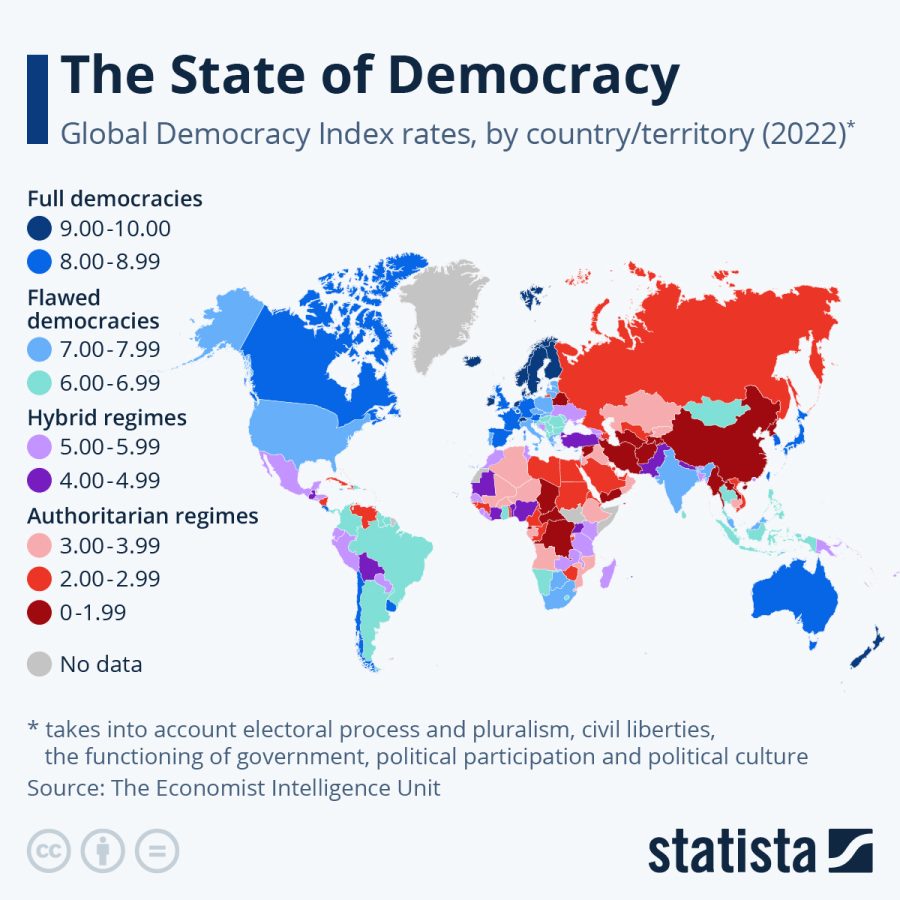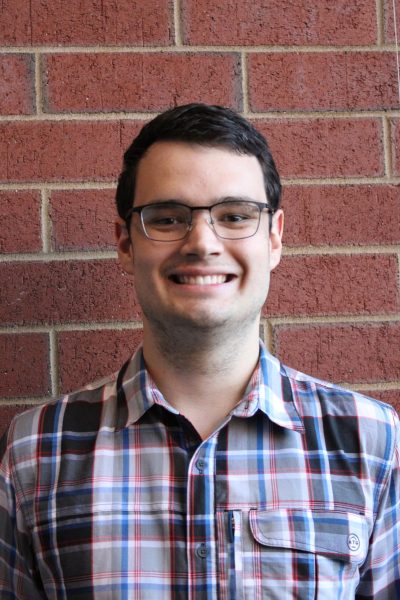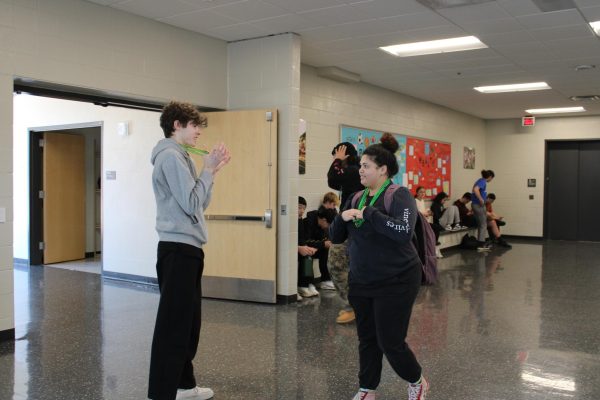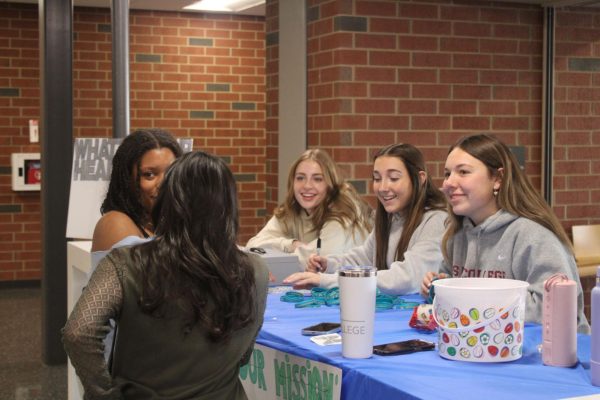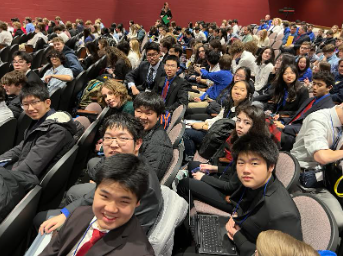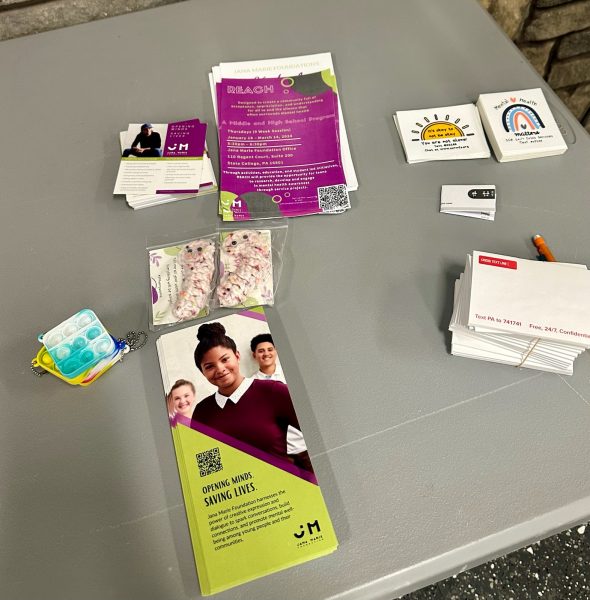The 2022 Democracy Index: What It Means
April 26, 2023
Since 2010, the Economist Intelligence Unit (EIU) has published an annual international Democracy Index ranking countries based on their democratic standings. 2022’s rankings released in February found only 8% of people reside in “full democracies.” Such findings raise the question, what is a “full democracy” and how is it measured?
This year, the EIU measured 167 countries in five categories: electoral process and pluralism, functioning of government, political participation, political culture, and civil liberties. Countries are ranked as full democracies, flawed democracies, hybrid regimes, and authoritarian regimes. The first aforementioned type of government is the highest achievable score, requiring an 8/10 or higher. These countries include Canada, Norway, Germany, Australia, and Japan.
Each score is weighted equally, leading to nations like Belgium scoring excellently in three of the five categories while the 5/10 on political culture dropped the overall ranking to 7.54/10 – a flawed democracy. European countries typically rank highly, while developing countries usually see low ranking. This raises questions about the best measures for emerging democracies. In fact, only Europe received any nines, indicating full democracy.
The US ranked 30th as a “flawed democracy,” scoring a 7.85/10. At State High, there was general agreement with assessing American democracy as “flawed.”
Senior Michael Coupland is the Simulation Director for State High’s Model United Nations, which debates multilateral policies under consideration at the UN such as trade agreements, human rights, and climate change.
“A lot of their reasoning made sense. The lowest scores were functioning of government and political culture,” Coupland said, “If you look at how they rank the functioning of government, one of the most important things is the legislature’s power. And I feel that perhaps the executive is too strong in the United States, or at least that’s been argued before, which might have been part of this downgrade.”
Coupland’s concern about enlarged federal power became more prevalent in last December’s Peruvian Coup, when the president dissolved parliament facing potential impeachment. This invoked the principles of checks and balances to argue for the balance of power in government.
Andy Merritt teaches AP Comparative Government and Democracy In Action at State High. He also agreed with the assessment of the United States as a flawed Democracy. “I would say it’s a fair assessment, but I’m sad about it,” Merritt said.
Coupland attributed the ranking to an imbalance between branches of government, but Merritt emphasized rhetorical power in Democracies and how it strengthens or undermines Democratic institutions.
Merrit said, “From 2017-2021, we had a president calling the media the enemy of the state.” Such rhetoric can steer a nation in dangerous directions. In 2022, populist rhetoric contributed to the rise of anti-immigration nationalists in Italy and Sweden. In Brazil, president Jair Bolsonaro used anti-media rhetoric and eroded national stability.
State High teacher Trevor Dietz also agrees with the US as a flawed democracy. Dietz teaches World History and Global Studies, combining US and world history from 1790-1945.
Dietz said America’s ranking may be an initially surprising “hard realization”and that, “We want to the be leader of the free world and think of ourselves as the symbol of democracy and the democratic process, and yet we’re ranked 30th with 29 nations ahead of us.”
Dietz identified a recent issue making participation in the democratic process harder. “We really struggle with misinformation, and I don’t see that going away. We also have seen that there are flaws in our process, and I think that there are certain individuals who want to take advantage of those flaws,” he said.
For Merritt, “political participation is the dependent variable on a lot of the other things,” and “an “engaged citizenry is done through a guarantee of civil liberties.” Every aspect of a functioning democracy depends on who the people elect and what they stand for. Citizens must be actively engaged in civics to know what to do to function and grow. If the public falters, the functioning of government collapses; the electoral process is eroded along with civil liberties. It all starts there.
Dietz emphasized civil liberties, while Coupland linked political participation and culture, raising an interesting additional category that shifts from an internal to external focus.
“I think it would be interesting to look at how countries uphold democracy abroad or if their foreign policy would encourage or discourage the spread of democracy,” Coupland said.
When asked how well State High educates students about global democracy, Merritt referenced two particular classes. “The comparative government class does a decent job, but it’s limited to whoever takes the course. Not every school has it. Fortunately, we have Human Geography in our school too, and I think that does a really good job of introducing kids to the understanding that there’s a whole other world out there, and the way we interact with each other is connected. No nation acts in isolation. As far as the PA curriculum, it’s there. Whether or not we all get taught international politics or geopolitics is a different story,” Merrit said.
Dietz acknowledged this is a complex topic, potentially demanding expanding the curriculum. “We do our best, but I think there’s always room for growth. I think that with the rise of misinformation in today’s society that this is showcasing the importance of a strong social studies and civics education in school,” he said. One suggestion that Dietz offered was the possibility of an “embedded civics course” that addressed topics like “democratic action and civil liberties” and which provides “more information on how to register to vote.”
All suggested how State High students could involve themselves in the democratic process. Merritt advised reading diverse sources focusing on global democratic issues. Dietz recommended direct student involvement in student government and their local communities through community service.
Coupland affirmed the importance of political participation and advocacy, quoting Merritt. “I’d like to quote my government teacher, Mr. Merritt. He once said to be critical but not cynical. I think this is a good motto to agree with when thinking about democracy at home or abroad,” he said. If this motto were applied globally, democracy could surge.

